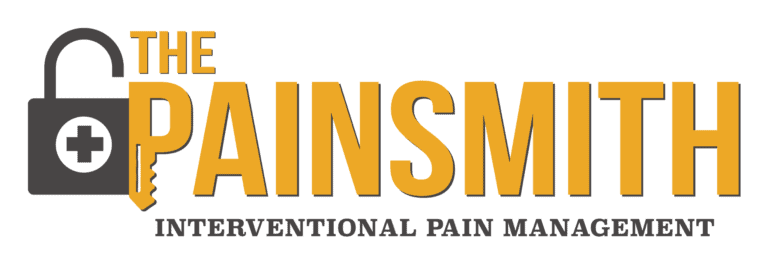Working remotely from home definitely has its benefits: a shorter commute, casual dress code, full control of the thermostat, and furry friends as co-workers. But there can be some trade-offs too. As houses and apartments suddenly turned into offices, many remote workers ended up slouched on the couch, using unsupportive chairs, and even working longer hours with less physical activity – all of which can lead to back pain and neck pain.
If your home workspace has left you with aches and pains, read on as Dr. Zack Smith shares some tips to help prevent back and neck problems and discusses when pain may require a visit to the doctor.
4 Tips for Preventing or Reducing Back or Neck Pain When Working from Home:
- Pay attention to your posture
- Improve your workstation
- Take frequent breaks
- Exercise and stretch regularly
Pay attention to your posture
Learning to maintain proper posture throughout the workday can help prevent back and neck pain. If you find yourself slouching or hunching over your computer, you may be straining your upper back and shoulder muscles and weakening the chest muscles. Sitting straight with a neutral spine is ideal, but an improper workstation can prevent you from sitting properly. If you start having pain on one side of the body it may cause you to shift and put more pressure on the other side of the body – potentially leading to pain on both sides!
Improve your Workstation

Take frequent breaks
Exercise and stretch regularly
Regular exercise can help strengthen and support your back – try and schedule a 30 minute walk, yoga class, swim, or other activity at least once a day. Stretching before and after your physical activity will also help keep your muscles strong and limber.
When to See a Doctor
If you are still experiencing significant back or neck pain after changing your lifestyle and behaviors, you may need to make an appointment to see a doctor. You should also see a doctor if you are experiencing weakness, tingling, or numbness in your limbs; if the pain stops you from participating in normal activities; or if it causes you to lose sleep at night. If your chronic back or neck pain does not improve or worsens over several weeks, a pain management specialist may be able to help.
A pain management specialist can evaluate your symptoms and give you a customized treatment plan to manage or eliminate your pain. Based on your medical history, lifestyle, and symptoms, there are a variety of treatment options to consider. If you are experiencing chronic neck or back pain – request a consultation or give us a call and we’ll discuss your options.
